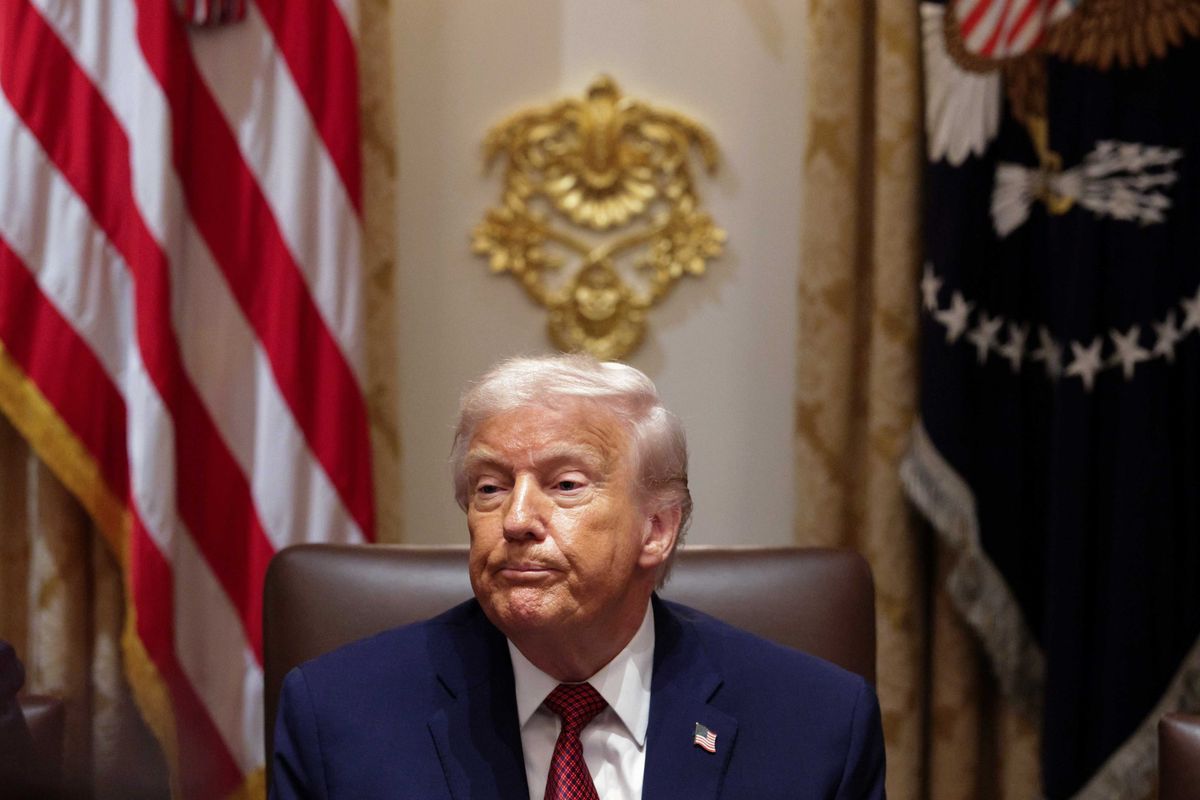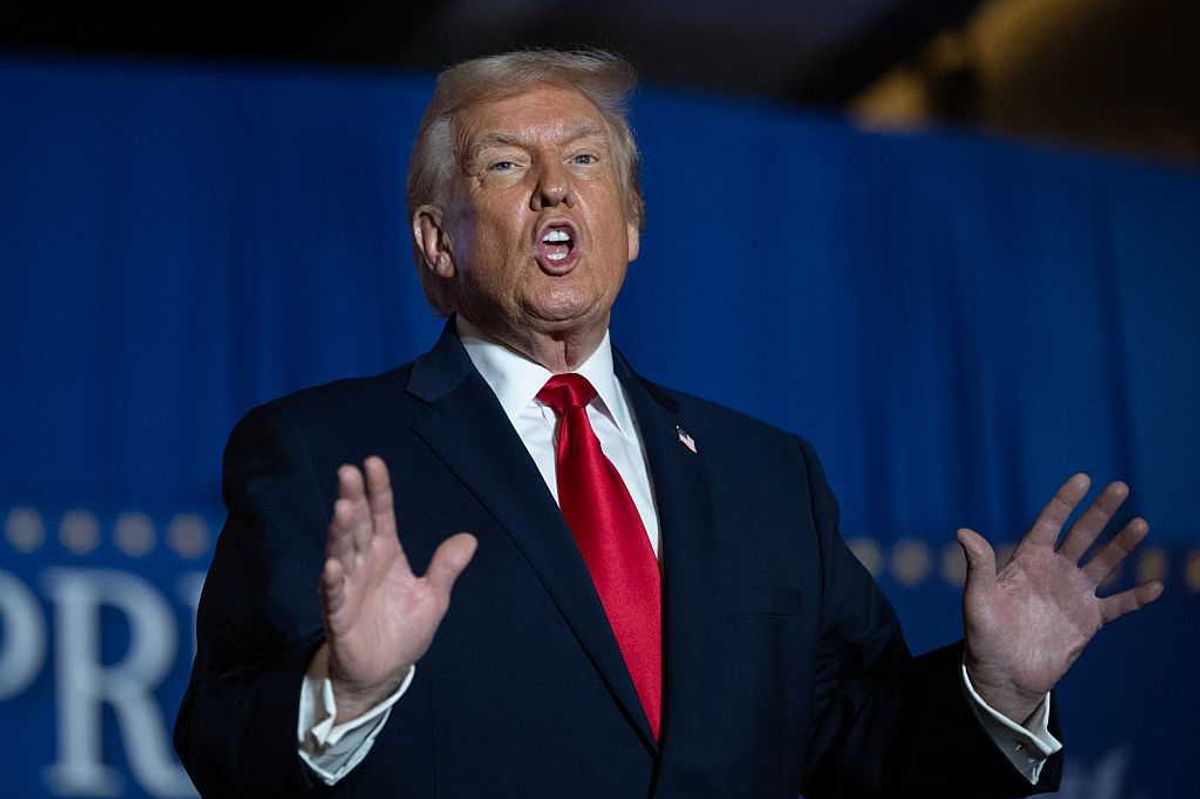News
Louis Dor
Jan 06, 2016
What we know
North Korea claims to have carried out its first successful hydrogen bomb test.
An earthquake occurred near the country's Punggye-ri nuclear test site at around 10am local time.
State-run television then announced that a hydrogen bomb test had been a "complete success", as shown in the Reuters News video below.
The US Geological Survey reported a 5.1-magnitude earthquake originating from Sungjibaegam in North Korea, which was reportedly felt as far as 71km away in Sŏngjin, Hamgyŏngbukto province.
Was it definitely a hydrogen bomb test?
North Korea has previously tested plutonium-based fission weapons, but this would represent the first successful test of a fusion weapon in the country.
The White House has said it cannot confirm the test, while some experts have called into question the claims that the earthquake is the result of a hydrogen bomb test.
Yan Uk, a senior research fellow at the Korea Defence and Security Forum, said:
Given the scale, it is hard to believe this is a real hydrogen bomb.
They could have tested some middle stage kind [of device] between an A-bomb and a H-bomb, but unless they come up with any clear evidence, it is difficult to trust their claim.
Reaction to the earthquake
Foreign secretary Philip Hammond said in a statement:
If a nuclear device has been detonated by North Korea, this is a grave breach of UN Security Council resolutions and a provocation which I condemn without reservation.
It underlines the very real threat that North Korea represents to regional and international security.
We will be working with other UN Security Council members to ensure the international community responds urgently and decisively to this latest activity.
The White House said that it expects North Korea "to abide by its international obligations and commitments".
Japanese Prime Minister Shinzo Abe said:
North Korea's nuclear test is a serious threat to our nation's security and absolutely cannot be tolerated.
We strongly denounce it.
Japan will firmly respond to this, including at the UN Security Council, in cooperation with the United States, South Korea, China and Russia.
An emergency UN security council meeting has been called.
For further developments follow the Independent's live blog
Top 100
The Conversation (0)













